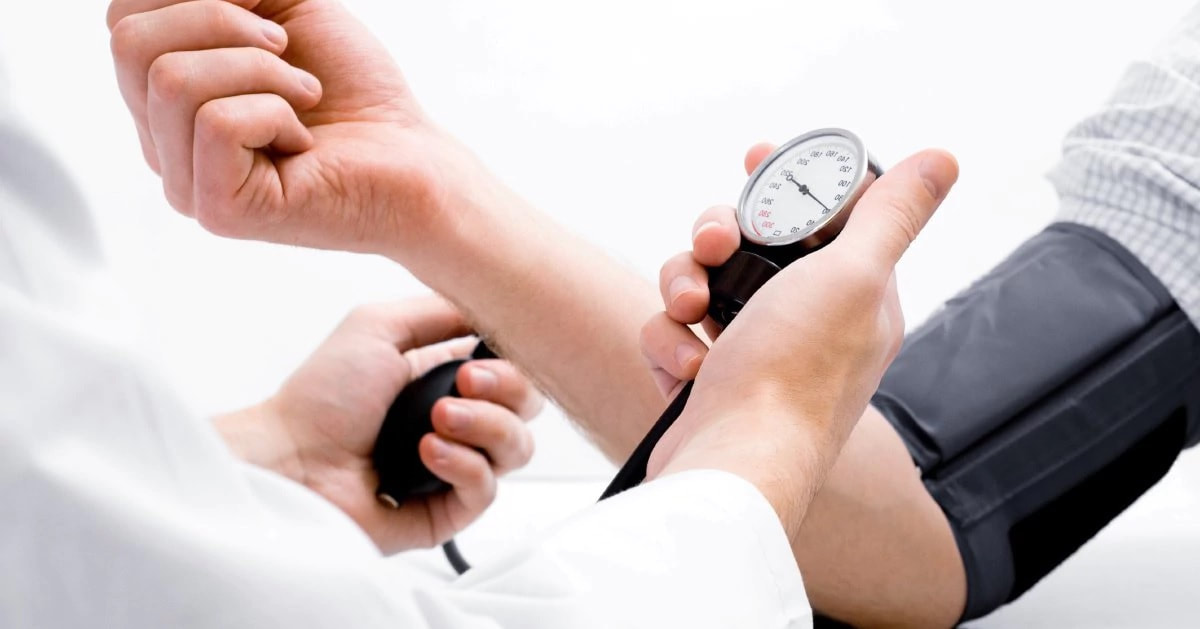|
Low blood pressure, also known as hypotension, is not as prevalent as high blood pressure although the damage it can do to the body can be as serious as that caused by high blood pressure. Hypotension can potentially be caused by multiple factors, ranging from dehydration to more serious medical conditions. Symptoms include dizziness or lightheadedness, fainting, nausea, blurred vision, fatigue and difficulty concentrating. Acupuncture has been proven in a variety of studies to be a natural, effective method of maintaining a healthy blood pressure level. Hypotension in Chinese MedicineIn Chinese Medicine, patterns of imbalance are diagnosed based on the particular symptoms that a patient is experiencing. Each patient is different, and practitioners develop an individualized treatment plan based on a differentiated diagnosis. In the case of hypotension, the most common pattern of imbalance involved is called "spleen qi deficiency". General symptoms of this imbalance include paleness, fatigue, weakness, cold hands and feet, and dizziness. Digestive issues can also be present, such as bloating or loose stools. Please note that even though the term 'spleen' is used in the name of this imbalance, it does not mean that the organ itself is unhealthy. This is simply the term used to translate a complex functional system from Chinese to English, and one that is often misleading without proper background information on the functional systems of Chinese Medicine. Please note that only a licensed and board certified practitioner can make a proper Chinese medical diagnosis. How acupuncture worksAcupuncture is associated with multiple biological responses. Responses are related to the stimulation of sensory neurons that connect to structures within the central nervous system. This leads to activation of pathways affecting various physiological systems in the brain as well as in the periphery. Stimulation with acupuncture has also been found to activate the hypothalamus and the pituitary glands, resulting in a broad spectrum of systemic effects. Alteration in the secretion of neurotransmitters and neurohormones and changes in the regulation of blood flow, both centrally and peripherally, have also been documented. Acupuncture is proven effectiveOver the past few decades, a great amount of empirical research has been done on the topic of whether acupuncture works for various symptoms and conditions. Research on using acupuncture to raise low blood pressure is not as prevalent as research on using acupuncture to lower high blood pressure. Nevertheless there are a number of studies that have been completed on the topic over the past few decades, all of which yielded positive results. One study conducted at a hospital in China in 1973 found electro-acupuncture to be an effective method of raising blood pressure in cases of shock. Another series of studies performed in the 1980s researched this topic by inducing low blood pressure in volunteers, and then using electro-acupuncture to raise it back to healthy levels. They found that acupuncture is effective at raising artificially induced low blood pressure. In 2003, a study was performed in China looking at the potential for acupuncture to raise blood pressure in the case of hemorrhagic hypotension. They concluded that electro-acupuncture is effective for raising blood pressure in this case as well. Their research also revealed that one mechanism by which acupuncture raises blood pressure is by increasing venous filling in the left ventricle and thereby improving left ventricle performance. In 2012, a different type of study was conducted looking at the use of acupuncture to increase blood pressure while patients were undergoing anesthesia for a liver transplant. They found that electro-acupuncture reduced the severity and incidence of hypotension in this situation, and recommended further study into the topic. Learn moreTo learn more about acupuncture, take a look at our section About Acupuncture. If you're curious about the differences between Eastern and Western medicine, we recommend reading About Eastern Medicine. To learn more about the Wisdom Traditions Acupuncture clinic, read About Us or Our Philosophy. If you have any additional questions, you can browse our FAQ or Contact Us. We're happy to answer any questions you may have. You can also Schedule an Appointment online. Resources & Related Links
2 Comments
Leave a Reply. |
AuthorMarni Adhikari, M.Ac, L.Ac, Dipl.Ac, is the founder and acupuncturist at Wisdom Traditions Acupuncture of Essex Junction, VT Learn MoreQuestions? |


 RSS Feed
RSS Feed
